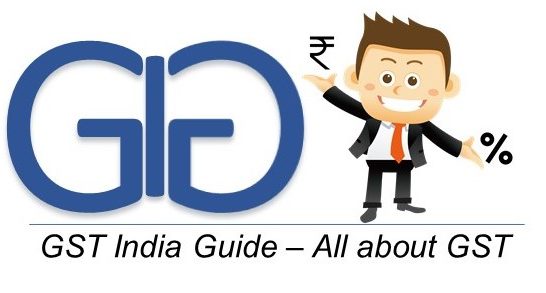An electronic invoice can do away with the need for both separate returns filed against sale of goods and e-way bills issued for transport of goods
Facing the uphill task of fixing revenue leakages due to fake invoicing under the Goods and Services Tax (GST) regime, the government has given its nod to e-invoicing, an electronic system to generate invoices and simultaneously getting it verified by a government agency.
At the press briefing after the conclusion of the 35th GST Council meeting, the revenue secretary Ajay Bhashan Pandey said that after several months of deliberations, the Council has given its in-principal approval to the system of e-invoicing. However, the mechanism to be adopted will be finalised later.
What and how of e-invoicing
Electronic invoicing, which is prevalent in different models in many countries, is a way to ensure that fake invoices are not generated and input tax credit against them are not claimed. The system works in a way that the invoice is generated on a portal, and is verified by the government or a government agency. Once the invoice is verified, a unique identity number will be issued, which will act as the invoice number. This invoice then can be issued to buyers.
An electronic invoice can do away with the need for both separate returns filed against sale of goods and e-way bills issued for transport of goods.
Explaining the e-invoicing system that the government is planning to implement, revenue secretary said: “Today a business has to upload invoices, generate e-way bills when goods are transported and file returns as well. Effectively, it has to do these three processes separately. Now, with e-invoicing, invoices can be generated on a portal and those invoices then can act as e-way bills. And since invoices are generated on a portal, the collection of invoices can become returns.”
Details and modalities to be finalized
The government needs to finalise a model to be followed for e-invoicing. “There are several models used across the world. The GST Council will have to settle for one of those models. Mexico has one of the most robust e-invoicing systems in place. However, the government seems to like the South Korean model which is simpler,” says Anita Rastogi, partner, indirect taxes, PwC India.
Anita says the question that the government is facing right now is the time lag in generating the invoice and getting it verified. “The government is aware of the fact that a longer time lag could slow down the process. Therefore it is working on to create a model that would ensure the verification is done in real-time,” she says.
There are other issues such as cancellation or correction of invoices that needs to be addressed. Besides, effective implementation of an electronic invoicing system needs good internet connectivity in far-flung areas of the country.
“So many times, even with bigger companies, it has been seen that invoices get cancelled or need rectification. Whatever system they adopt, they must ensure that these mechanisms are there,” says Rajat Mohan, partner, AMRG & Associates, chartered accountancy firm.
He says that nowhere in the world e-invoicing has been adopted 100 per cent (in some countries it is used only for supply of goods, in others only for B2B transactions), but India seems to be looking for full-adoption of e-invoicing system.
It is likely that e-invoicing will be mandatory for businesses with revenue over a certain threshold.
According to a tax expert, the GST Network (GSTN), the entity that provides the technology backbone for GST, has suggested the government a system where a third party may work as an agency to verify and issue invoice numbers.
Some tax experts believe that with GSTN still struggling to provide a seamless service, how effectively the e-invoicing system is implemented will be closely watched.
It is to be mentioned here that the government is losing huge amount of taxes due to input tax credit claimed against fake invoices. According to reports, the government paid input tax credit on fake bills worth Rs 4,000 crore in 2018. The government’s stress on adoption of e-invoicing stems from the need to check this leakage of taxes. However, if it has to focus on all finer details before rolling out the new system, it should be careful that it does not increase complexities for businesses.

